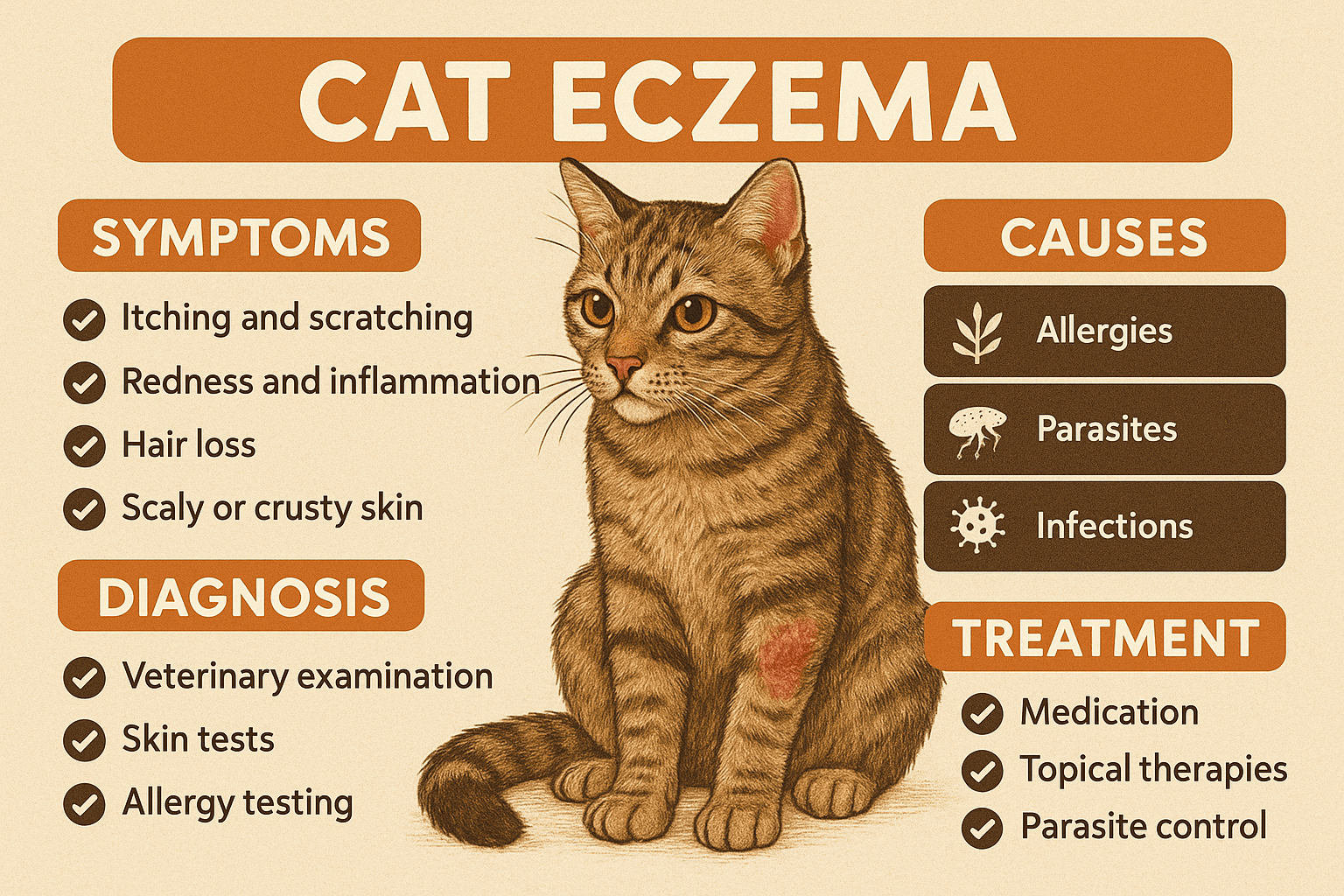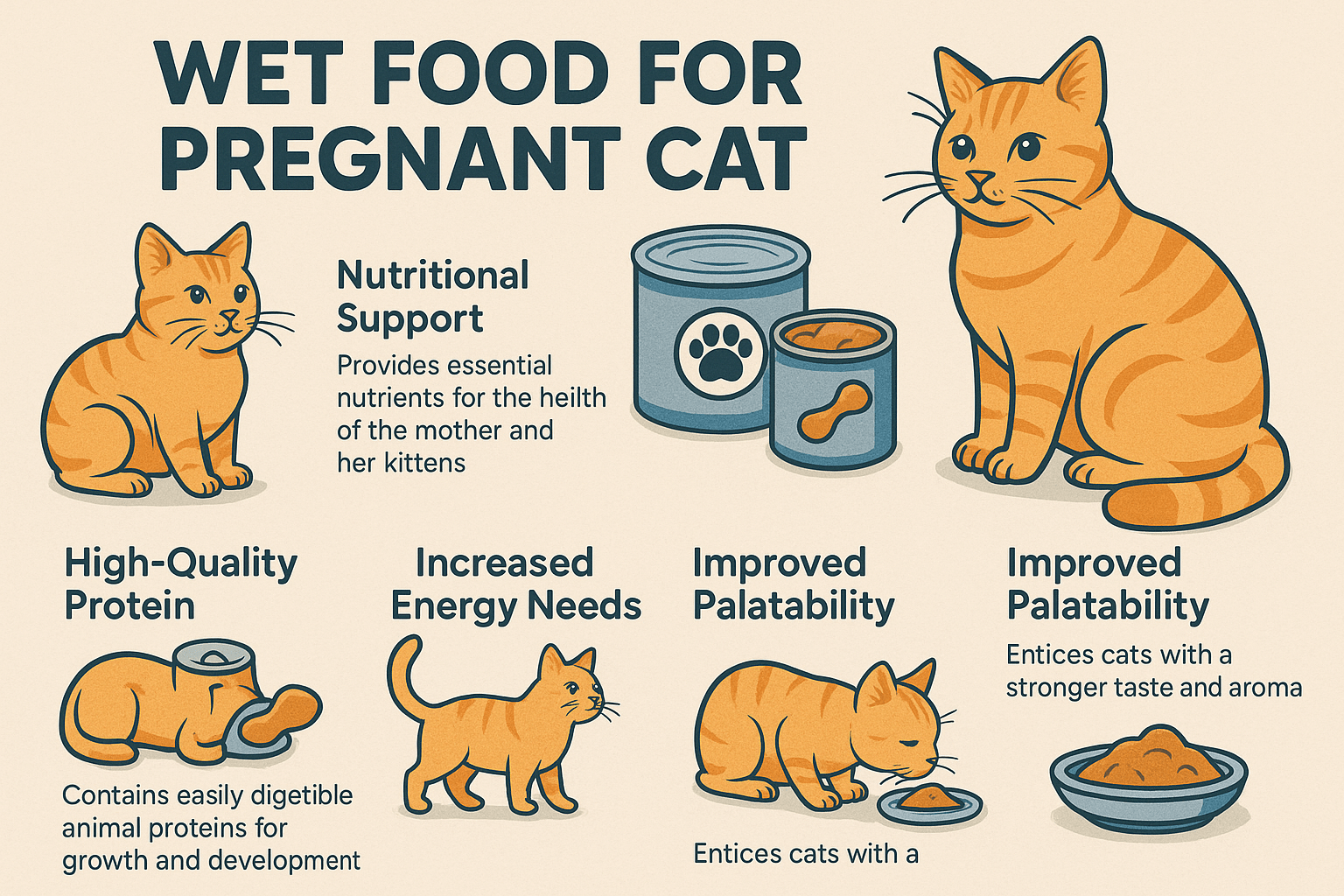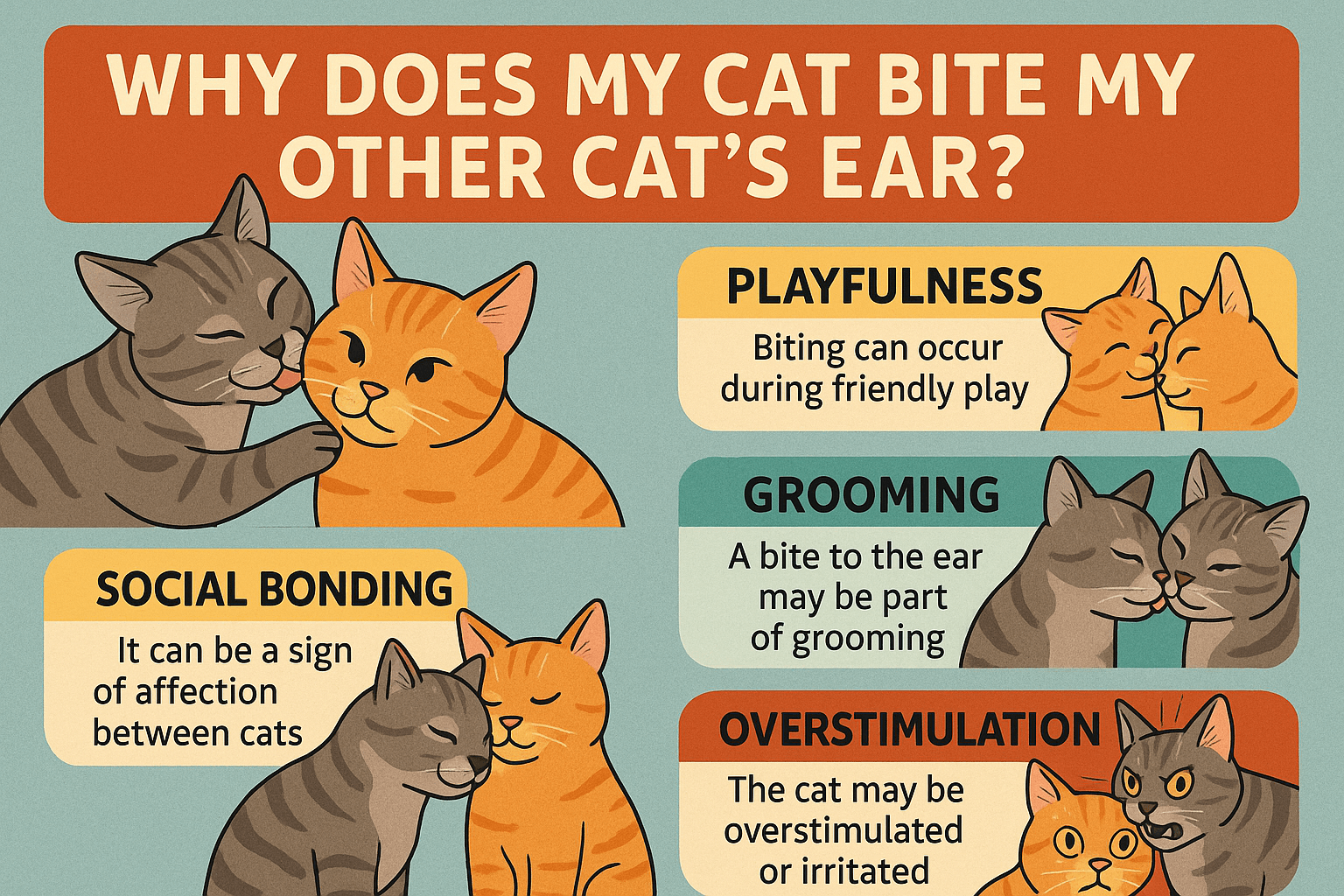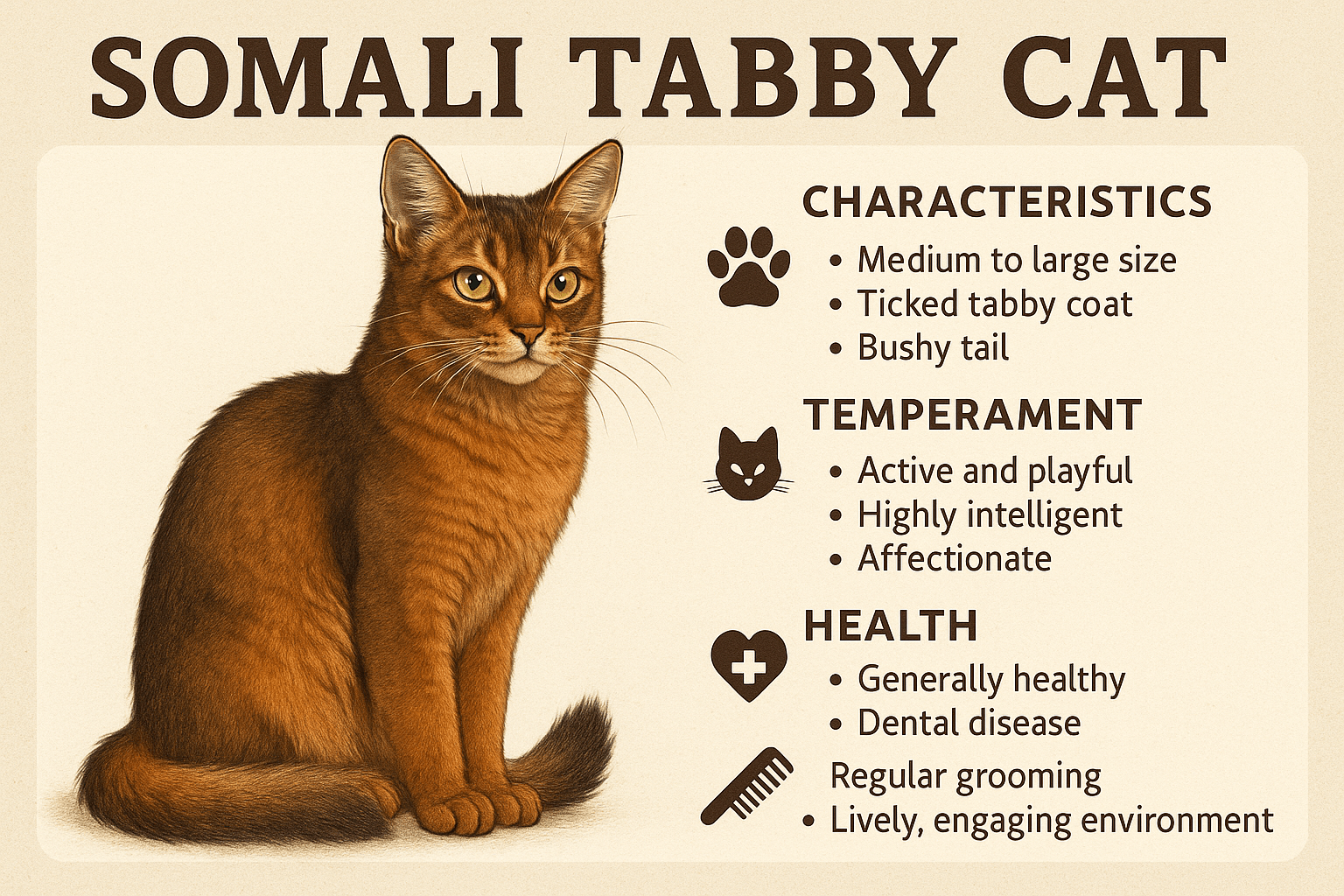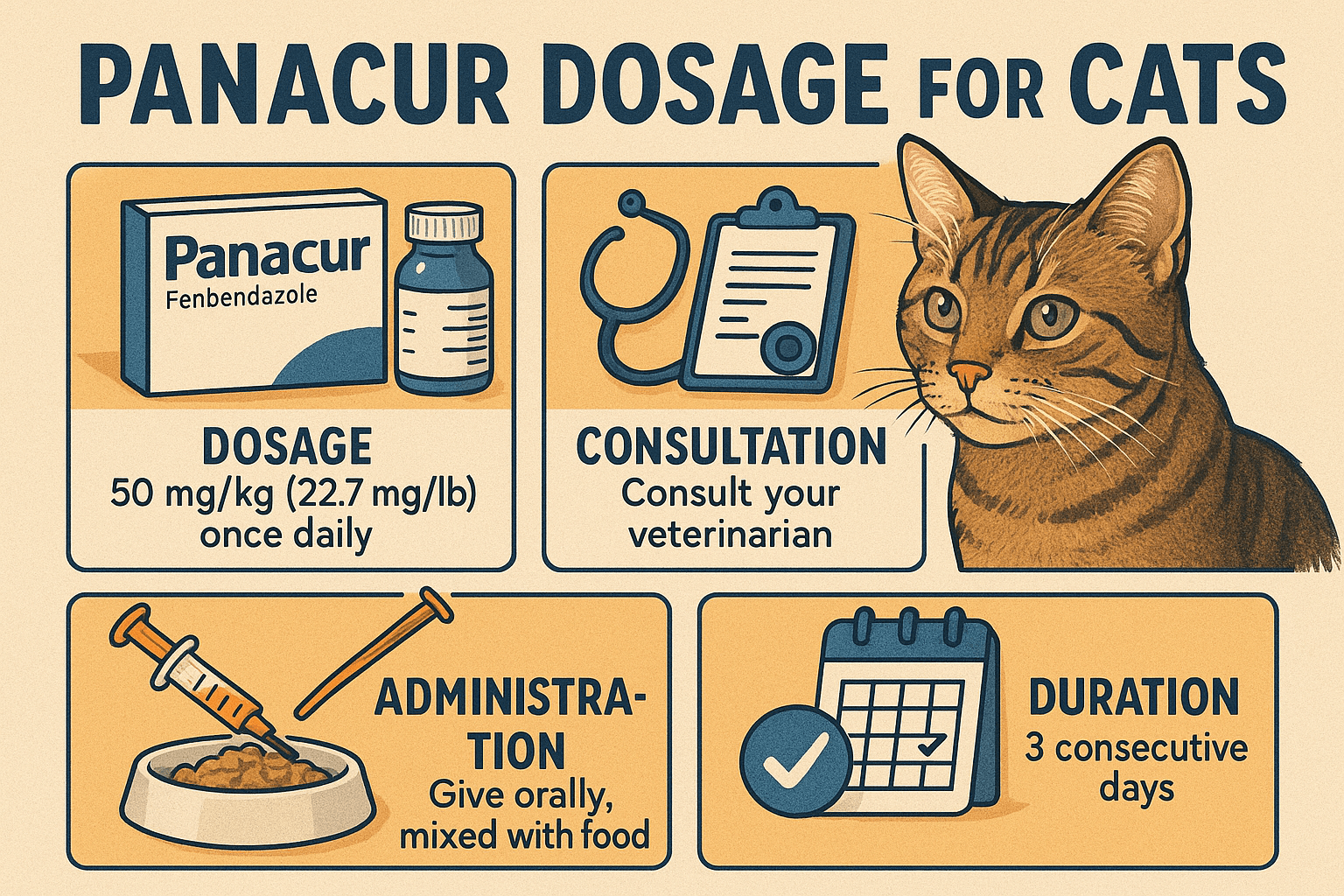Understanding Cat Eczema: Causes, Symptoms, and Care
Cat eczema, also known as feline dermatitis, is a common skin condition that can cause discomfort and irritation for your furry friend. While it may not always be life-threatening, untreated eczema can lead to persistent scratching, hair loss, and even infections. As a cat owner, recognizing the signs of eczema early and understanding its causes are crucial steps in providing relief and ensuring your pet’s well-being. In this blog post, we’ll explore everything you need to know about cat eczema, from identifying symptoms to managing and treating the condition effectively. Let’s dive into how you can help your feline companion feel comfortable and healthy again.
Common Causes of Cat Eczema
Eczema in cats can stem from a variety of factors, ranging from environmental triggers to underlying health conditions. Identifying the root cause is essential for effective treatment and prevention.
Allergies:
Cats can develop eczema due to allergies to food, pollen, dust mites, or flea bites. Allergic reactions often manifest as itchy, inflamed skin.Parasites:
Fleas, ticks, and mites are common culprits behind feline eczema. These parasites irritate the skin, leading to excessive scratching and inflammation.Stress and Anxiety:
Emotional stress can weaken a cat’s immune system, making them more susceptible to skin issues like eczema. Changes in routine or environment may trigger flare-ups.Poor Grooming Habits:
Over-grooming or neglecting grooming can disrupt the natural balance of oils on a cat’s skin, contributing to eczema.Underlying Health Conditions:
Diseases such as feline diabetes or hormonal imbalances can compromise skin health and increase the risk of eczema.
By pinpointing the cause of your cat’s eczema, you can take targeted steps to address the issue and prevent future occurrences.
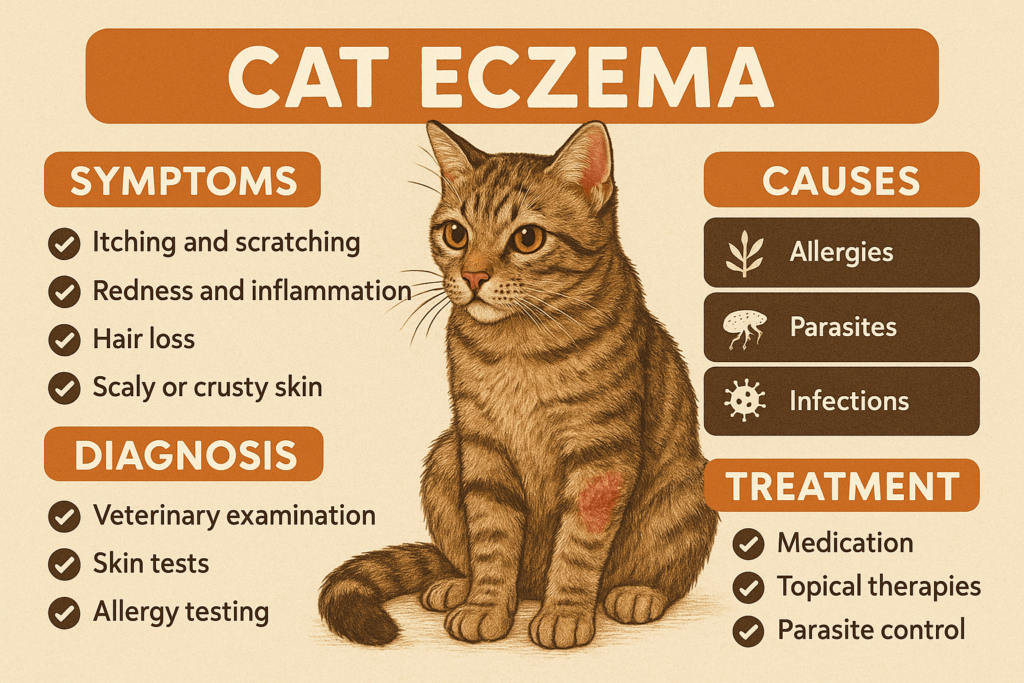
Signs and Symptoms of Cat Eczema
Recognizing the symptoms of eczema early can help you seek timely treatment for your cat. Keep an eye out for these common indicators of feline dermatitis.
Excessive Scratching or Licking:
Persistent scratching or licking of certain areas is one of the most noticeable signs of eczema in cats.Red, Inflamed Skin:
Affected areas may appear red, swollen, or irritated, often accompanied by flaky or scaly patches.Hair Loss:
Constant scratching can lead to bald spots or thinning fur in areas affected by eczema.Crusting or Scabbing:
Severe cases of eczema may result in crusty lesions or scabs forming on the skin.Behavioral Changes:
Cats with eczema may become irritable, lethargic, or withdrawn due to the discomfort caused by the condition.
If you notice any of these symptoms, consult your veterinarian promptly to determine the best course of action.
Check this guide 👉Understanding Cat Skin Cancer: Best 7 Expert Tips!
Check this guide 👉Understanding Cat Skin Conditions: Best 7 Health Tips!
Check this guide 👉Keratinized Skin Cysts in Cats: Best 7 Expert Tips!
Preventive Measures for Cat Eczema | Treatment Options for Cat Eczema |
|---|---|
Regular flea prevention treatments | Topical creams or ointments |
Providing a balanced, hypoallergenic diet | Antihistamines or steroids (prescribed) |
Keeping your home clean and dust-free | Medicated shampoos for sensitive skin |
Reducing stress through enrichment | Omega-3 supplements for skin health |
Routine vet check-ups for early detection | Antibiotics for secondary infections |
How to Soothe Your Cat’s Eczema at Home
While professional veterinary care is essential, there are steps you can take at home to alleviate your cat’s eczema symptoms and promote healing.
Bathe Your Cat with Care:
Use a gentle, hypoallergenic shampoo designed for cats to clean their skin without causing further irritation.Apply Cool Compresses:
For localized flare-ups, apply a cool, damp cloth to the affected area to reduce inflammation and soothe itching.Provide a Stress-Free Environment:
Create a calm space for your cat by minimizing loud noises, introducing toys, or using calming pheromone diffusers.Switch to a Hypoallergenic Diet:
If food allergies are suspected, consult your vet about transitioning to a hypoallergenic or limited-ingredient diet.Monitor Their Behavior Closely:
Keep track of any changes in your cat’s behavior or skin condition to report back to your veterinarian during follow-up visits.
These home remedies can complement veterinary treatments and provide additional comfort for your cat.
When to Seek Veterinary Help for Cat Eczema
While mild cases of eczema can sometimes be managed at home, certain situations require immediate veterinary attention. Knowing when to seek help ensures your cat receives proper care.
Severe Itching or Pain:
If your cat is obsessively scratching to the point of injuring themselves, it’s time to consult a vet.Open Wounds or Bleeding:
Broken skin increases the risk of infection, which requires professional treatment.Sudden Onset of Symptoms:
A rapid appearance of eczema-like symptoms could indicate an allergic reaction or another serious condition.Lethargy or Loss of Appetite:
These signs suggest your cat may be experiencing systemic issues beyond just skin irritation.Chronic or Recurring Flare-Ups:
Frequent episodes of eczema may signal an underlying health problem that needs thorough investigation.
Prompt veterinary intervention can prevent complications and improve your cat’s quality of life.
Tips for Preventing Cat Eczema
Prevention is key to keeping your cat’s skin healthy and avoiding the frustration of recurring eczema. Here are some practical tips to minimize the risk of flare-ups.
Regular Grooming:
Brush your cat’s coat frequently to remove allergens, dirt, and loose hair that could irritate their skin.Maintain a Clean Living Space:
Vacuum carpets, wash bedding, and clean litter boxes regularly to reduce allergens and irritants in your home.Use Natural Cleaning Products:
Harsh chemicals in household cleaners can irritate your cat’s skin. Opt for pet-safe, natural alternatives instead.Limit Exposure to Outdoor Allergens:
Keep windows closed during high pollen seasons and wipe your cat’s paws after outdoor playtime.Schedule Routine Vet Visits:
Early detection of potential skin issues allows for quicker intervention and better outcomes.
Proactive prevention can significantly reduce the likelihood of eczema developing or worsening over time.
Foods That Support Healthy Skin
A balanced diet plays a vital role in maintaining your cat’s overall health, including their skin and coat. Incorporating these nutrient-rich foods can help combat eczema.
Omega-3 Fatty Acids:
Found in fish oil or flaxseed, omega-3s reduce inflammation and promote healthy skin.Lean Proteins:
High-quality proteins like chicken or turkey provide essential amino acids that support skin repair.Vitamin E-Rich Foods:
Vitamin E acts as an antioxidant, protecting your cat’s skin from damage. Look for supplements or fortified diets.Moisture-Rich Ingredients:
Wet food or hydration-boosting ingredients like pumpkin puree can prevent dry skin, a common eczema trigger.Limited-Ingredient Diets:
Simplified diets with fewer additives can help identify and eliminate potential allergens.
Feeding your cat a nutritious diet tailored to their needs can make a noticeable difference in their skin health.
How to Reduce Stress for Cats with Eczema
Stress can exacerbate eczema symptoms, so creating a peaceful environment is crucial for managing the condition. Here’s how to keep your cat calm and content.
Establish a Routine:
Cats thrive on predictability. Stick to consistent feeding, play, and sleep schedules to reduce anxiety.Provide Safe Spaces:
Set up cozy hiding spots or elevated perches where your cat can retreat when feeling overwhelmed.Engage in Playtime:
Interactive toys and activities stimulate your cat mentally and physically, helping to relieve stress.Use Pheromone Diffusers:
Products like Feliway mimic natural feline pheromones, promoting relaxation and reducing tension.Minimize Household Chaos:
Loud noises, frequent visitors, or sudden changes can stress your cat. Keep their environment as stable as possible.
A calm and supportive atmosphere can go a long way in managing eczema and improving your cat’s overall well-being.
Frequently Asked Questions About Cat Eczema
What does cat eczema look like?
Cat eczema typically appears as red, inflamed patches of skin, often accompanied by itching, hair loss, or scabs.
Can I use human eczema cream on my cat?
No, human creams can be toxic to cats. Always consult your vet before applying any product to your cat’s skin.
Is cat eczema contagious?
Most forms of eczema are not contagious, but parasitic infestations like fleas can spread between animals.
How long does it take for eczema to heal?
Healing time varies depending on the severity and treatment plan, but improvement is usually seen within a few weeks.
Can diet affect my cat’s eczema?
Yes, food allergies or nutritional deficiencies can contribute to eczema, so dietary adjustments may help.
Caring for Your Cat’s Skin Health
Cat eczema may seem daunting at first, but with proper care and attention, you can manage this condition effectively and ensure your feline friend remains happy and healthy. By understanding the causes, recognizing the symptoms, and implementing preventive measures, you can minimize flare-ups and provide relief for your pet. Remember, your veterinarian is your greatest ally in diagnosing and treating eczema, so don’t hesitate to reach out for professional guidance. With love, patience, and proactive care, you can help your cat enjoy a life free from the discomfort of eczema.
Wet Food for Pregnant Cats: Best 7 Expert Tips! Discover essential advice on feeding wet food to pregnant cats, ensuring proper nutrition for mom and kittens. Learn what to look for and how to care!
Why Does My Cat Bite My Other Cats Ear? Best 7 Expert Tips! Discover reasons behind this behavior, how to interpret it, and expert advice to ensure harmony in your multi-cat household.
Somali Tabby Cat: Best 7 Expert Tips! Discover expert advice on caring for a Somali tabby cat, from grooming and health to personality and fun facts. Perfect for cat lovers!
Panacur Dosage for Cats: Best 7 Expert Tips! Discover safe and effective dosage guidelines, administration tips, and expert advice to keep your cat healthy and parasite-free with Panacur.

